Faces of Food: Speaking to the Consumer
Georgia producer Donald Chase believes opportunities are missed because consumers aren’t as informed about what’s going on at the farm as they should be. And he connects with them in a unique way – through his sweet corn stand.
Connected to Consumers, Advocating for Agriculture
It was already a busy morning at the Chase Farms sweet corn stand when a busload of people pulled into the parking area. As customers spilled out of the bus, the Chase family and employees sprang into action.
“I may be headed back to the picker!” said Donald Chase as the pile of white corn picked just a few hours earlier rapidly dwindled.
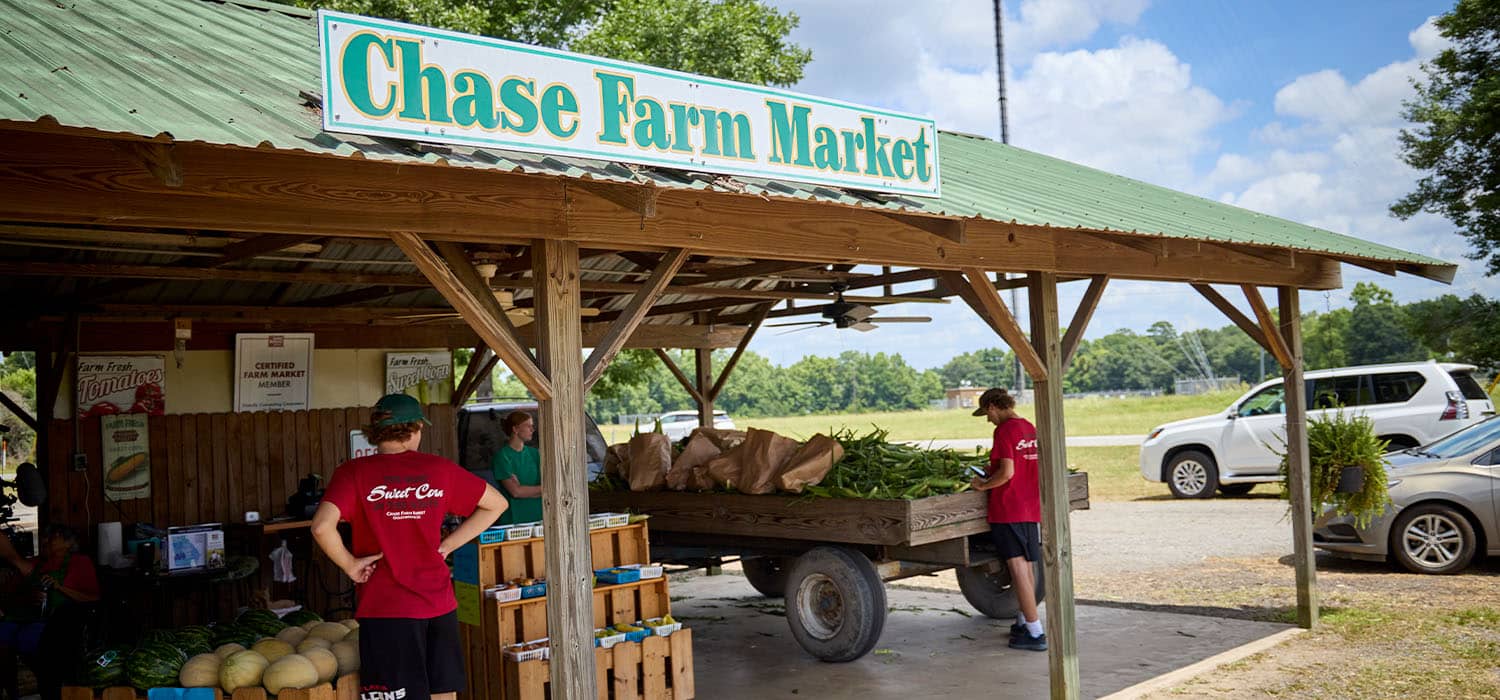
Sweet corn is a small but vital part of Chase Farms, which also produces broiler chickens, peanuts and field corn. Donald says for his family, the corn stand keeps them connected to consumers. Without that connection, agriculture is less understood, and opportunities are missed.
“The ultimate consumer is really the driver of the things that I do. But when you’re selling direct, you see it so much more clearly,” he explains.
Two-way conversations with the consumer help foster understanding and build relationships – something Donald’s also done over the years as a leading voice in the peanut-growing business.
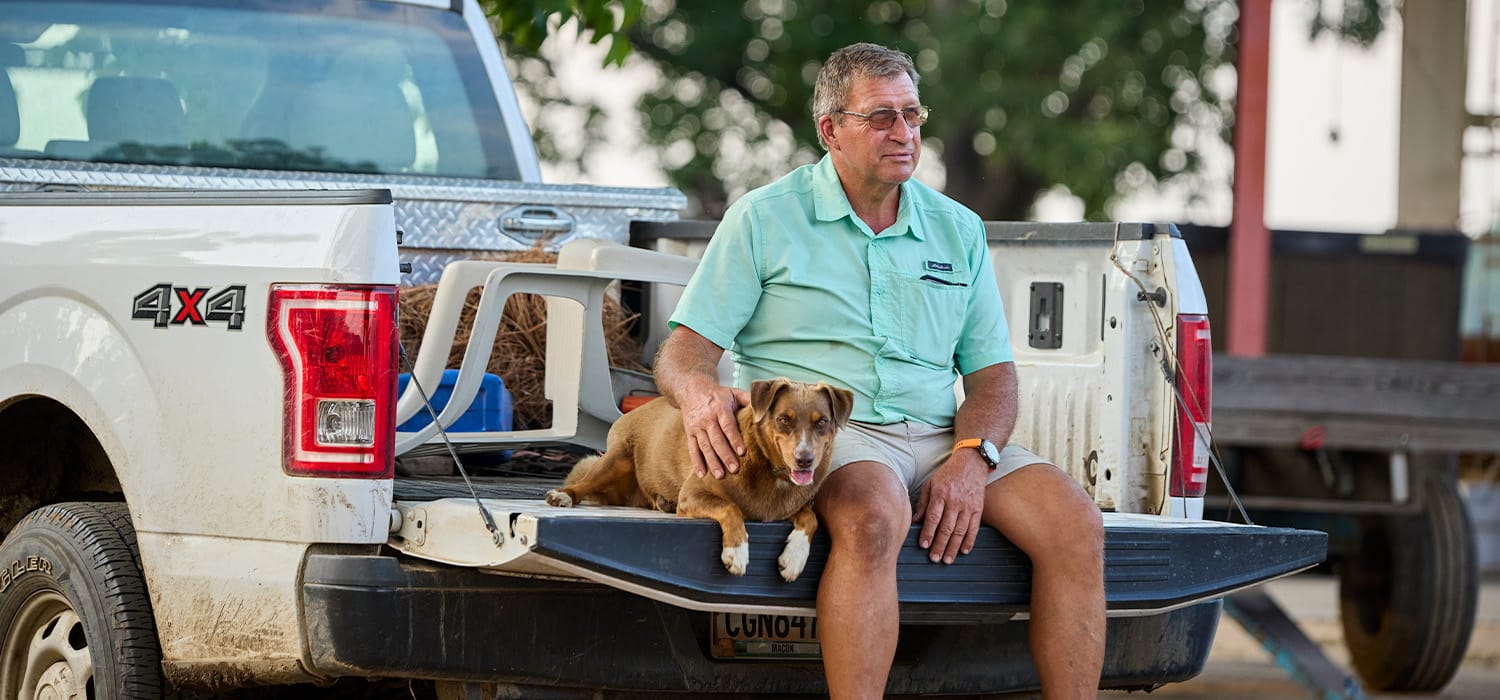
Industry Service, Sustainability
Donald has long served as an outspoken advocate for agriculture. He’s served on several organizational boards, and he’s become well known within the peanut industry as a national voice for growers.
He currently serves as board chair for the American Peanut Council (APC). The APC represents all segments of the U.S. peanut industry, including growers, shellers, manufacturers and allied partners. He estimates he’s served on the council’s sustainability committee for 15 years, including as chair.
“I’ve been focused on getting a sustainability program in place with the American Peanut Council,” he says.
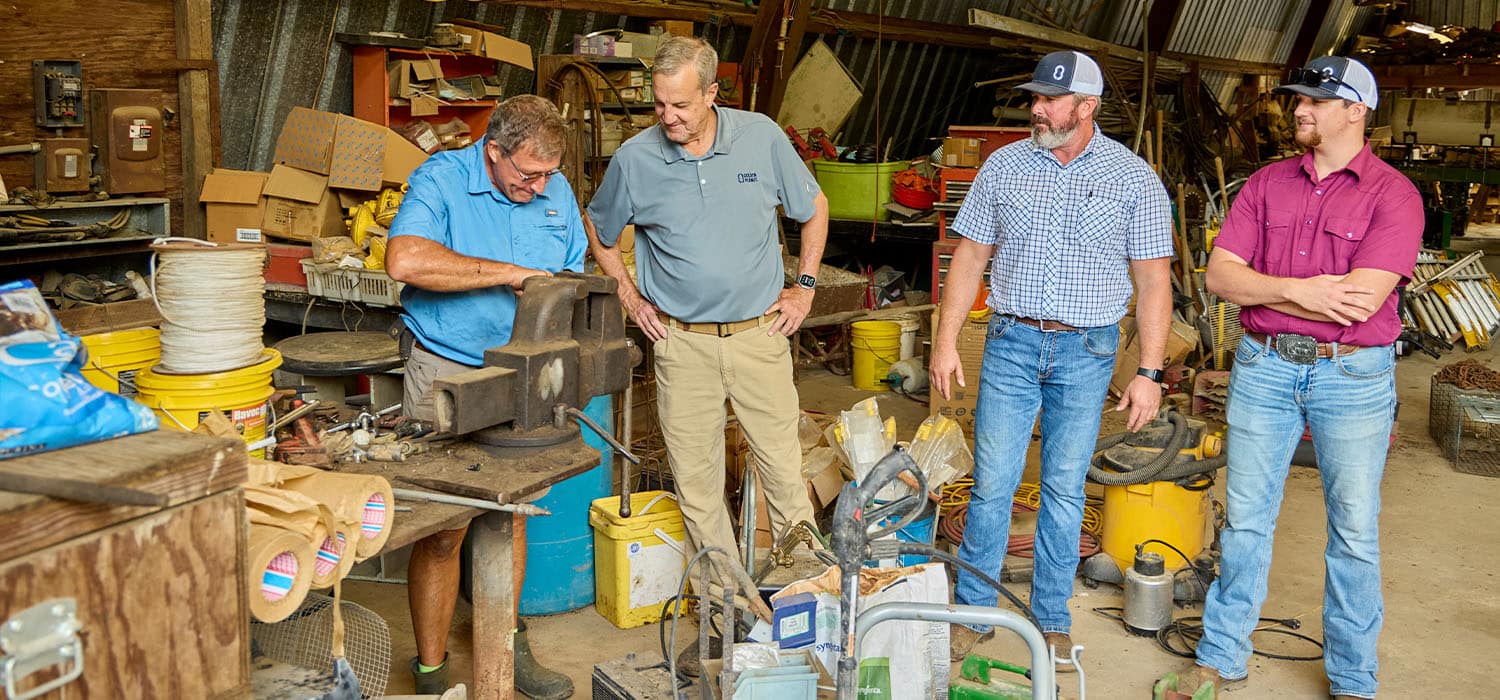
Half of the sustainability committee is made up of growers, and it always must be chaired by a grower. Because of this, Donald says there’s an emphasis on implementing programs that are good for the land, but never at odds with the survival of farms and their financial viability. In addition to the APC program, Chase Farms was one of the first peanut farms in Georgia to be enrolled in the ADM re:generations™ program.
Donald also was elected to the board of the Georgia Peanut Commission, where he serves on the executive committee. “I ran for that position because of my love for growing peanuts, and maybe I can help make things better for future generations.”
He has served for years on the research committee. He’s taken what he’s learned from this role and applied it to how he manages his peanut fields. For example, one research project sponsored by the commission was designed to reduce fungicide applications. “After that study came out, I said I intend to reduce our fungicide applications as well,” he explains.
The typical peanut farm in Georgia uses seven applications of fungicides. Donald, however, sprays only five times, and he has been able to achieve significantly high yields even at that lower rate. All but one of his fungicide applications is done at night. This is because a peanut plant folds its leaves after dark, which allows the product to get to the ground where soil-borne funguses and diseases are present.
“It’s not super cool technology, but it works. And it saved us a lot of money and reduced trips across the field, which mean less greenhouse gases, less carbon,” he says.
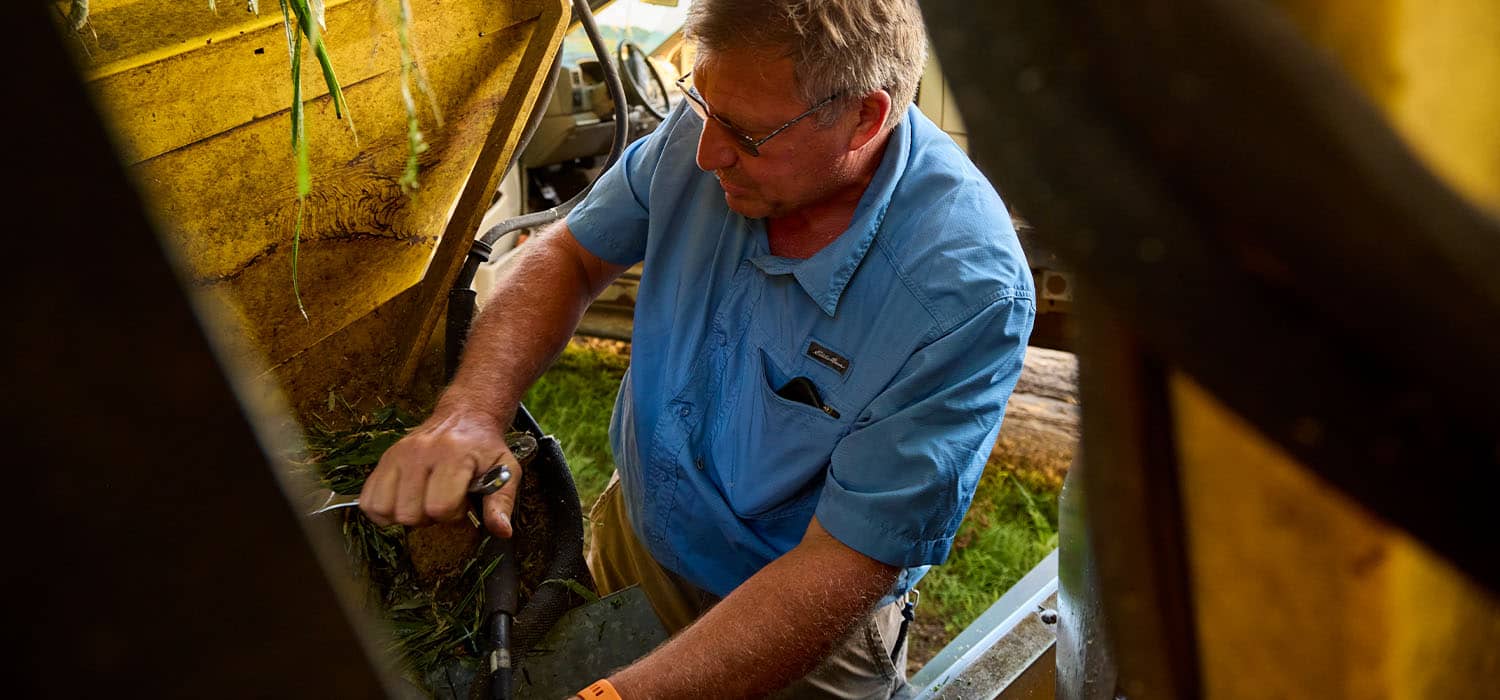
Filling the Leadership Void
Another mission for Donald is fostering a new generation of peanut producers who will lead and advocate for agriculture. While his children have chosen not to come back to the farm, he’s come to appreciate efforts to encourage younger people to work hard and become leaders.
“We hire all these young people and some of them haven’t ever had those kinds of experiences in their lives,” he relates. “We’ve got young people who are going to go to law school. We’ve got folks who are going to go to med school. And they’re working out here on the farm. And I just hope sometime in their future life, they think, ‘That was kind of cool.’”
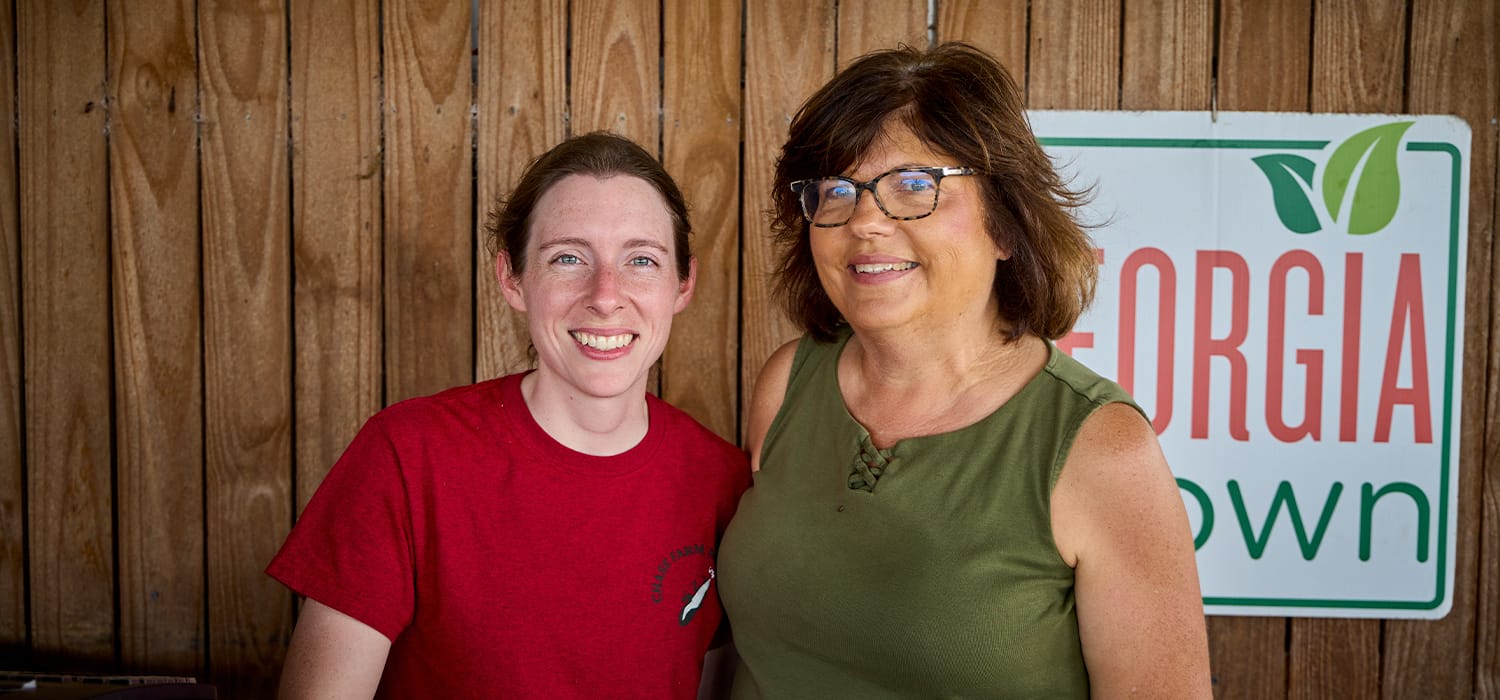
The peanut industry has established a peanut leadership academy, and the Farm Bureau has its Young Farmer and Rancher Program. Chase says he can’t take credit for these efforts directly, but he sees how they bring new blood into industry leadership roles.
“When the day arrives that I need to step away from the Georgia Peanut Commission, there are a number of farmers who’ve been through these programs,” he concludes. “There are so many younger folks out here that I don’t worry about their leadership talent.”
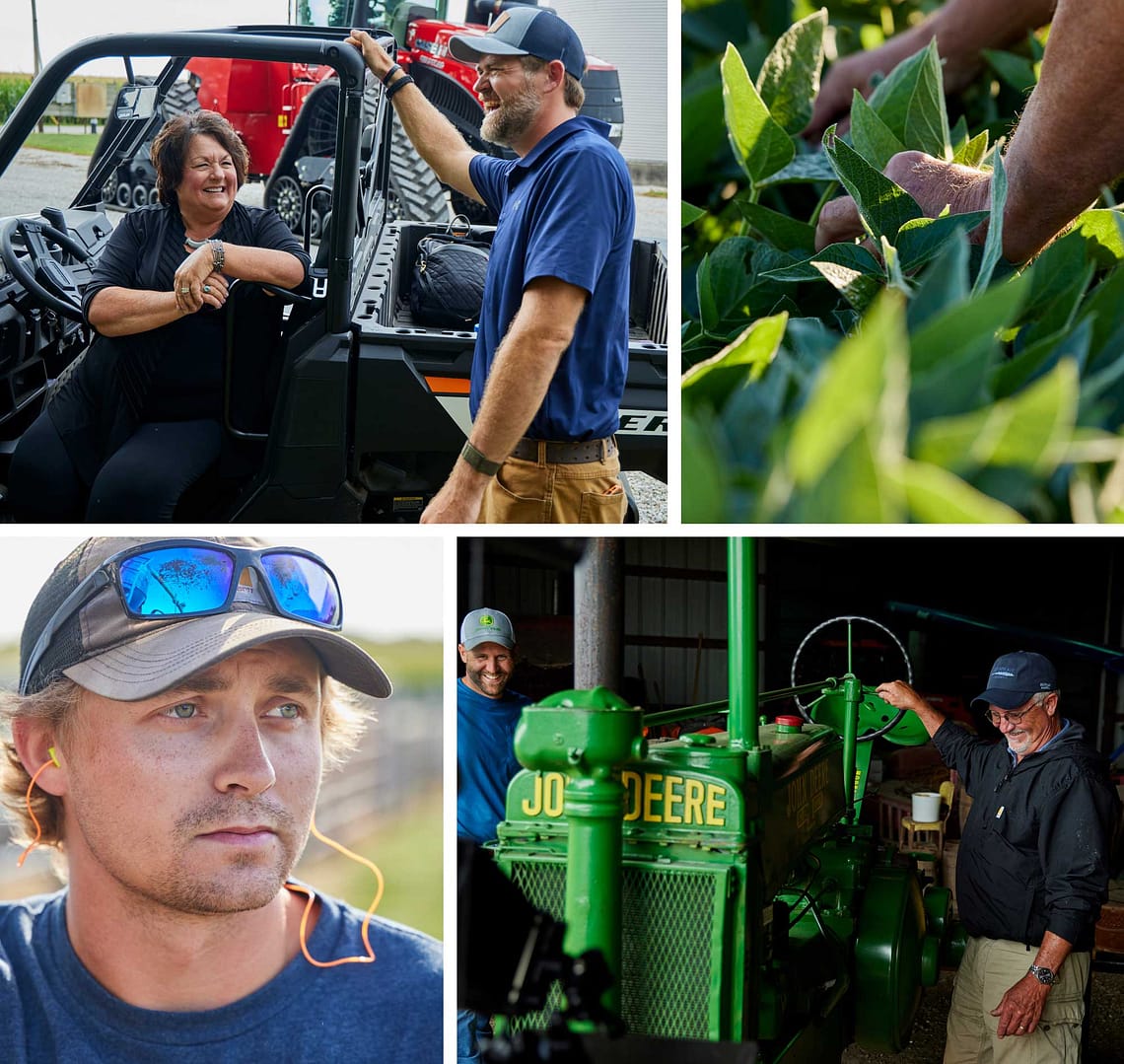
More American Farm Stories
The men and women who operate farms across this great country have great stories to tell. Of hard work. Challenging conditions. Overcoming obstacles. Family members working together. Over many generations. And hopeful for the future. Take the time to hear their voices.
